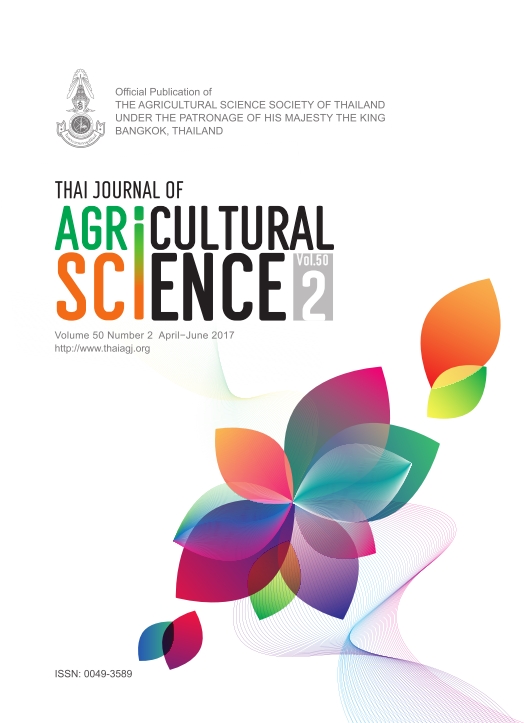The Effect of Balanced Nutrition and Soil Amendments on Productivity of Chickpea (Cicer arietinum L.)
Main Article Content
Abstract
The growing process is a series of complex chemical and plant interactions. The right nutrient source applied at the right rate, at the right time, and in the right place is critical to managing soil fertility and optimizing plant growth and health. Soils of Mediterranean semi-arid regions generally have high pH, and low organic matter that negatively affect the availability of micronutrients and cause their deficiencies. For evaluating the influence of simultaneous utilization of various level of sulfur fertilizer and micronutrient fertilizers (Zn, Fe, Mn) on agronomic traits and yield components of chickpea, an experiment was carried out at highland semi-arid region. Assessment of agronomic characteristics revealed that sulfur application resulted in a significant increase in efficiency of micronutrient. Integrated application of Zn +30 kg S considerably elongated the vegetative growth and delayed the maturity. Application of high level of sulfur induced the canopy growth and ground cover. Finding revealed that application of Zn can substantially improve seed number per plant and seed weight when compared with Fe and Mn. Findings showed that economically integrated utilization of 15 kg ha-1 sulfur and Zn or Fe can be effective method to increase productivity of chickpea system. Balanced utilization of elemental sulfur as a soil amendment and essential micronutrient should be considered as a proficient agronomic management option in studied region. These results indicate that a substantial chickpea yield increase to S application is possible when soil conditions are conducive to low S supply and severe S deficiency exists.


